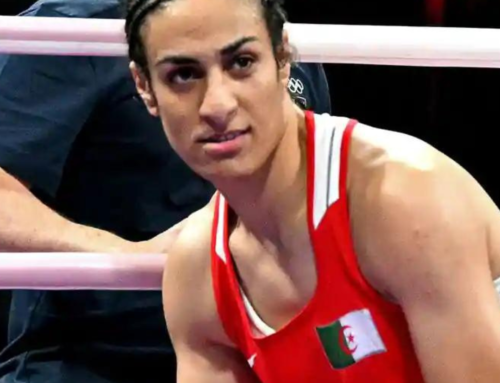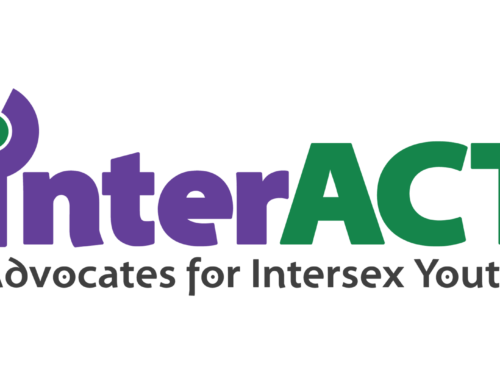 Dear Friends and Fellow Advocates:
Dear Friends and Fellow Advocates:
Suegee and Kyle raised that pressure in their presentation, presenting quotes that reminded the room full of practitioners that parents who are misled or pressured into agreeing to early genital surgery will be outraged when they eventually learn the truth. They also shared quotes demonstrating what we have long known – that a growing camp within the medical community believes that early genital surgery is not in the best interest of intersex children. Unfortunately, too many of those voices have remained silent. At the end of the second day, interACT board member Dr. Arlene Baratz and I led a workshop designed to encourage medical providers to share these doubts, as well as their techniques to support families in delaying genital surgery. While the workshop was well-attended, the voices of providers remained hesitant. However, many came forward at the end of the workshop to sign up for a listserv of like-minded doctors who want to continue discussing a new paradigm of care.

Years ago, a well-known researcher approached me after I presented at a medical conference to tell me that interACT “would never get a seat at the table” if we continued presenting such “radical” ideas. (The radical idea I had presented that day was that intersex children should be treated with the same caution as transgender children are when irreversible interventions are contemplated.) We didn’t listen then, and we won’t stop now. Attending the I-DSD conference convinced me that we really are on the cusp of important change in the medical treatment of intersex children. To all my fellow activists, I want to encourage you to keep speaking out wherever and however you can — in the press, in your doctor’s office, at your schools and colleges, in your support groups, on social media, and to your government representatives. If you are not able to speak up, for whatever reason, support someone who can. Our voices are making a difference, and the time to act is now.





